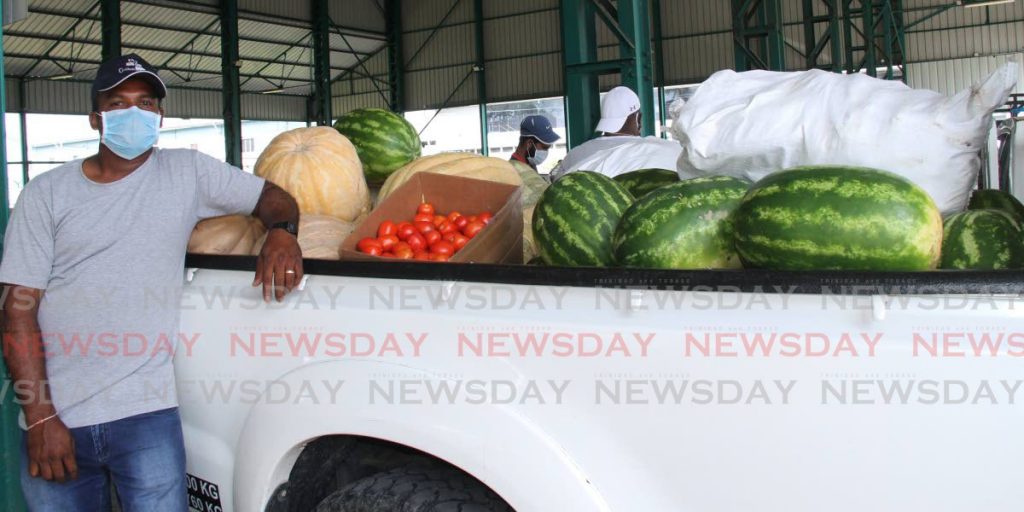UWI to C’bean govts: Reduce US $6b food import bill now

Experts at the University of the West Indies are urging Caribbean countries to invest more in ensuring regional food security. Putting the price tag for importing food at US $6 billion, Dr Wayne Ganpat, dean of the Faculty of Food and Agriculture (FFA) at UWI, St Augustine, said covid19 has dealt a blow to the economy of Caribbean countries dependent on tourism and oil. International travel has come to a standstill and oil prices have been experiencing a free-fall in the face of decreasing demand.
Ganpat warns the region to look beyond the surface of economic loss, and he questions the Caribbean’s current and future ability to maintain a US$6 billion food import bill.
The question came as Ganpat was presenting during an online seminar hosted by the faculty last week. The seminar explored the effects of covid19 on regional food and nutrition security. He said the region’s dependency on the US, China and Europe for more than 80 per cent of its food supply must change as covid19 threatens the region’s food security.
“It’s a wake-up call for the region.”
To strengthen regional food security, he is calling on the region to make greater investments in growing its own food to ensure food security is not dependent on external countries, and reduce the food import bill to accommodate the economic fallouts of covid19.
With up to 90 per cent of the region’s wheat, corn and meat imports coming from the US, Dr Lystra Fletcher-Paul cautioned the region’s food availability is now at risk as the US experiences food production shortage due to covid19.
A lecturer in biometrics at the FFA, Paul said, “We have to support backyard, community and urban gardening.”
This came as she spoke on the implications of covid19 on food availability. Paul said Suriname, Guyana, Dominica and Haiti are the only countries in the region where food production accounts for more than ten per cent of gross domestic product.
She commended Barbados for recently allocating 750 acres of land for food production in the face of food uncertainty owing to covid19.
“We are eating (away) all the money that we create from other revenue sources.
“Most of the foreign exchange that we are gaining goes into importing food.” She suggested this model cannot be maintained.
Paul called on the region to make a greater investment in its own food production and promote an increase in food trade between Caribbean countries.
“Even when things settle down with covid19, is the Caribbean going to go back to our old ways? We are too reliant on others as a society for something too fundamental as the food we eat.”
Even the region’s strategy and heavy reliance on tourism must change, she said as she called on the tourism sectors in each Caribbean country to greater support foods produced locally.
Paul is suggesting that post-covid19, the food sold in hotels to tourists be produced locally to ensure a safety net for local farmers and ensure that foreign exchange is pumped back into regional food production.


Comments
"UWI to C’bean govts: Reduce US $6b food import bill now"